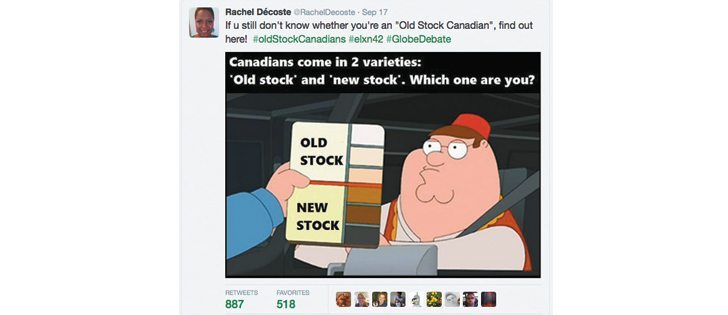Yelling at the television or radio used to be the only way viewers could interact with a broadcast.
While this strategy does help vent frustrations, it also doesn’t help viewers contribute to the experience other people have of the event, aside from a handful of neighbours.
Today, there are lively social media threads for almost anything being broadcast and your comments will be seen immediately by many others.
Last week Twitter was busy with Canadian political tweets during the election debate.
The hashtags #globedebate and #elxn42, which is the major hashtag for this federal election, had hundreds of comments during the event.
Read Also

Proactive approach best bet with looming catastrophes
The Pan-Canadian Action Plan on African swine fever has been developed to avoid the worst case scenario — a total loss ofmarket access.
For people who like quick wit and humour that subverts the messages carefully crafted by political spinners, Twitter can be a great place to visit when an election event is underway.
For instance, in the latest election debate, prime minister Stephen Harper said, “I think that’s something that most new and existing and old-stock Canadians agree with.”
People on Twitter immediately started to wonder what he meant by “old-stock Canadians,” and the hashtag #oldstockcanadians started trending.
Political commentators quickly defined the use of the term as an example of the divide and conquer tactic often used by the Harper camp. There is “us” and there is the scary “other” who are often foreigners with a different cultural heritage, although any group can be vilified, such as those damn communist wheat board supporters.
At the end of the day, the Twitter attention of Harper’s use of the term “old-stock Canadians” likely played into his strategy, which is to present Harper as the only leader capable of defending “us” from the “other.”
When I’m feeling optimistic, you might catch me saying social media enables the public to resist politicians’ tendencies to gloss over complex issues with simplistic explanations, terms, scripted smiles and hand gestures.
We can quickly fact check a statement or tweet out a discrepancy and others will see the gap.
On a pessimistic day, I’ll describe social media as just another venue for political spinners to manipulate the electorate’s perspectives and emotions.
Either way, I usually find the hashtags of events that are happening in real-time entertaining, and they often complement the events on which they are based.
So during the next election debate, if you’re frustrated because one of the candidates is dodging a question or being less than truthful, you don’t have to just yell at the television anymore.
Take to Twitter and let us know how you really feel.
Contact robin.booker@producer.com


















